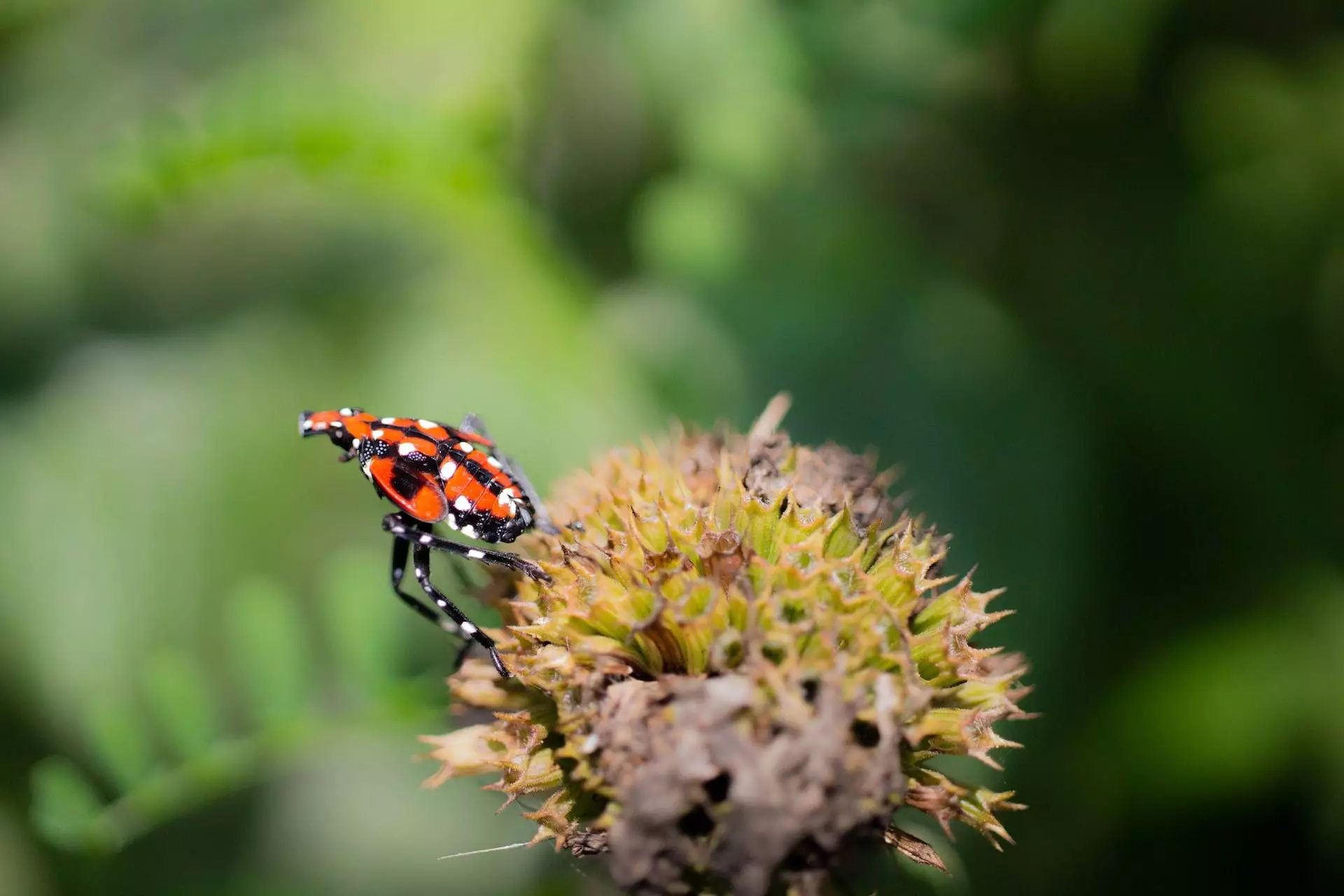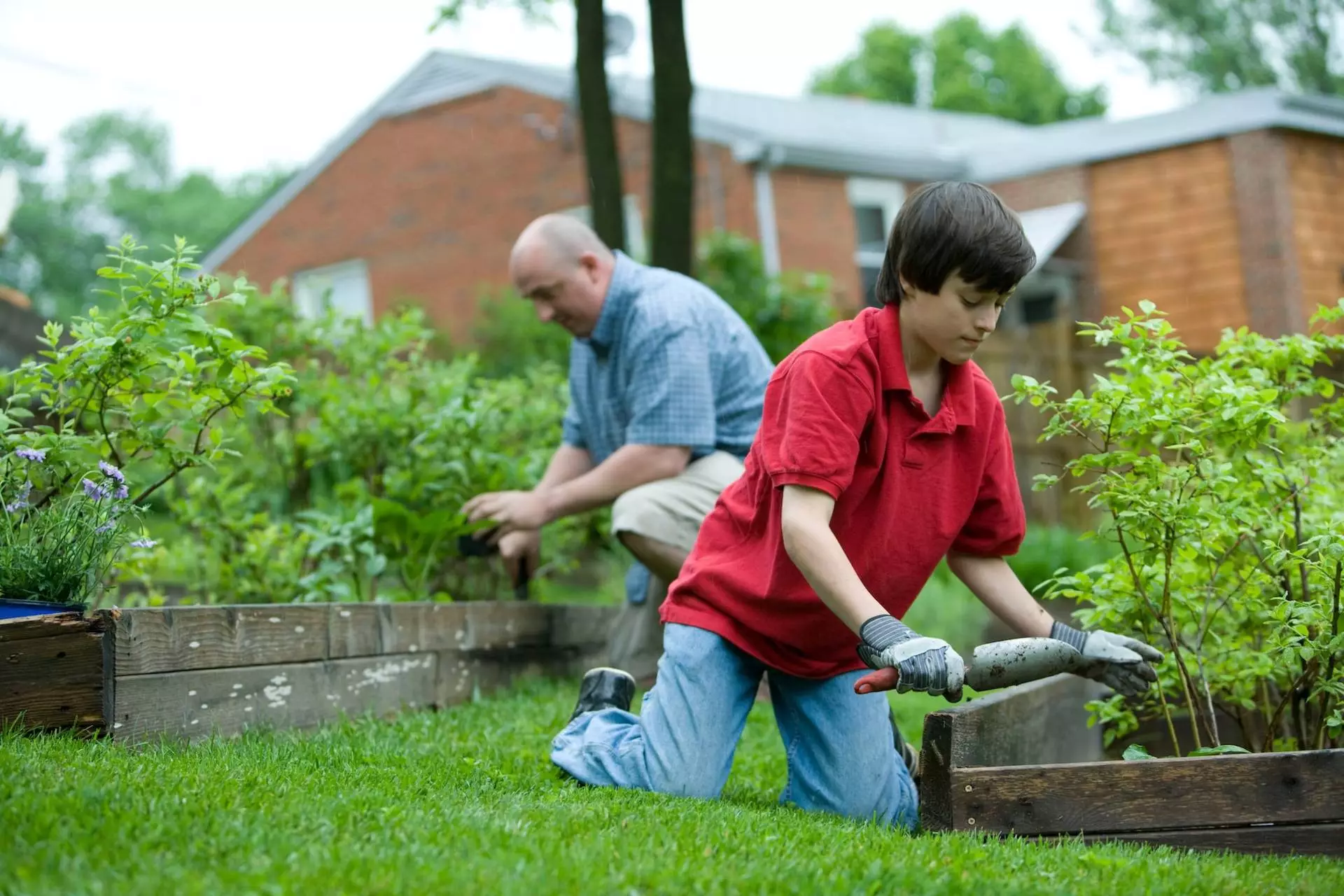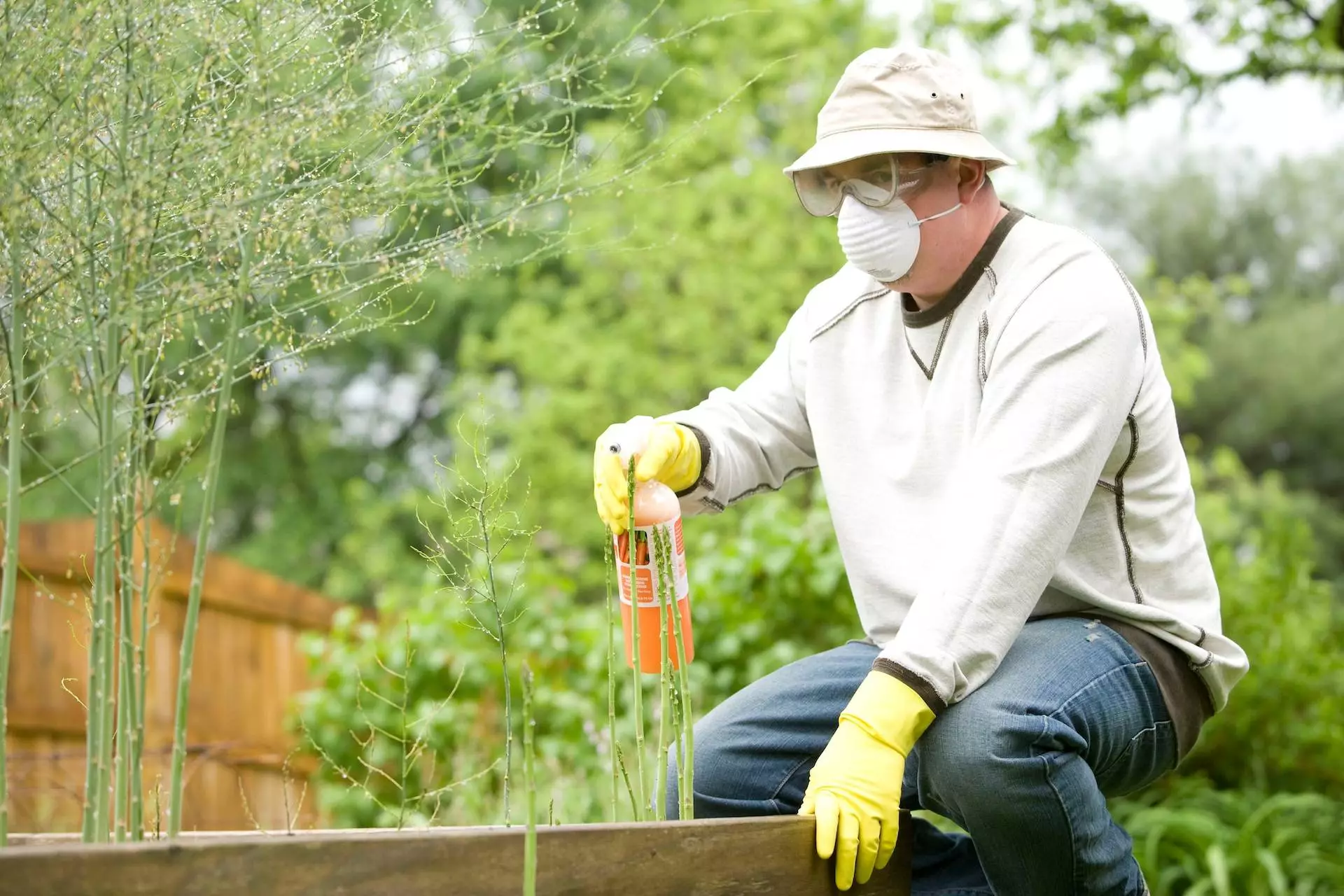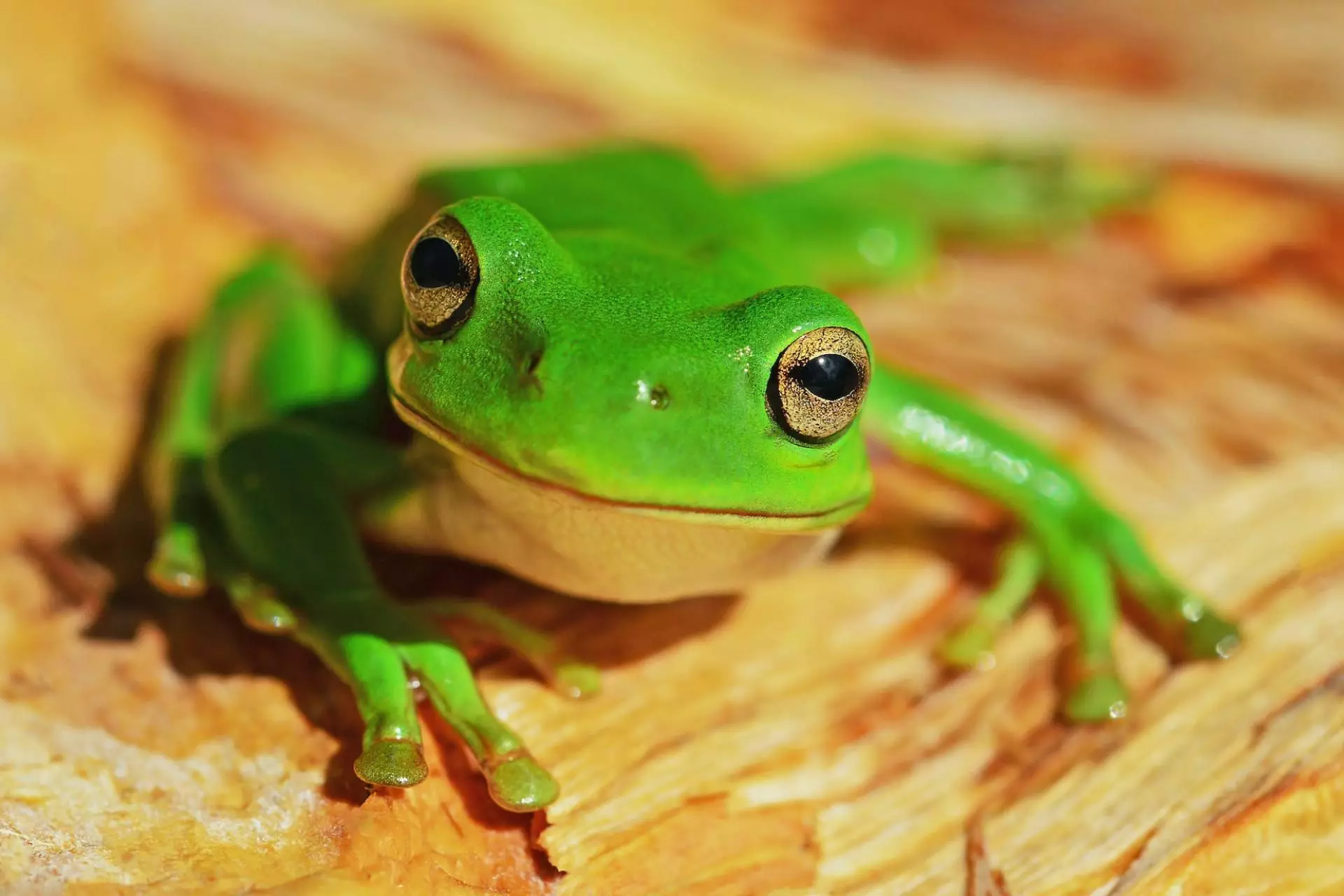🐛 How to Get Rid of Lanternflies: Your Step by Step Guide
Spotted lanternflies have become a notorious problem for homeowners and farmers alike in recent years.
These invasive insects can cause significant damage to crops and trees, making their control an important issue.
In this guide, we will take you through step-by-step instructions on how to get rid of spotted lanternflies using a variety of prevention and control methods.
Read on to learn more about these pesky insects and how to keep them at bay.
🐛 Understanding Spotted Lanternflies

🦋 What are Spotted Lanternflies?
Spotted Lanternflies, scientifically known as Lycorma delicatula, are native to China, Vietnam, and Taiwan.
They were brought to the United States in 2014 and have since become a destructive invasive species throughout Pennsylvania, New Jersey, and parts of southeastern United States.
Once introduced, the lanternfly population can quickly grow and cause significant economic and ecological damage.
The spotted lanternfly is a beautiful insect, with its wings displaying a striking pattern of red, black, and white.
However, its beauty belies the destruction it can cause.
The spotted lanternfly feeds on plants by piercing the bark and sucking the sap, leaving behind a trail of destruction.
Despite their name, spotted lanternflies are not true flies.
They belong to the order Hemiptera, which includes other sap-sucking insects like cicadas and aphids.
🦋 The Lifecycle of Spotted Lanternflies
The spotted lanternfly lifecycle consists of four stages: eggs, nymphs, adults, and egg-laying adults.
The eggs are laid in masses of 30-50 on smooth surfaces, such as trees, rocks, vehicles, and outdoor furniture.
The hatchlings emerge in late April or early May as nymphs, which are black with white spots and red patches.
They feed on sap from preferred host plants, such as grapevines, fruit trees, and hardwood trees, until late June when they molt into adults.
The adult lanternflies are approximately one inch long and have grey forewings with black spots, and hindwings that are bright with spots of red and black, beneath gray and black speckles.
The adult lanternflies are active from late July to December, with peak activity occurring in September.
During the egg-laying stage, the female spotted lanternfly lays her eggs on a flat surface, covering them with a protective gray, waxy coating.
The eggs hibernate over winter and hatch in the spring, starting the cycle anew.
🦋 Why are Spotted Lanternflies a Problem?
Spotted lanternflies cause both direct and indirect damage.
They can damage trees by piercing the bark to feed on sap.
This damage can weaken the tree and make it more vulnerable to other pests and diseases.
They also excrete honeydew, a sweet and sticky substance that can cover plant surfaces and promote the growth of black sooty mold.
Additionally, their feeding habit can cause significant damage to some crops, like grapes, hops, and fruit trees, causing severe economic damage to farmers, businesses and disrupting the supply chain of certain industries.
While the spotted lanternfly is not harmful to humans or animals, its impact on the environment and economy is significant.
Efforts are underway to control the spread of the spotted lanternfly, including the use of sticky bands to trap them and the removal of egg masses from trees and other surfaces.
It is important for individuals to be aware of the spotted lanternfly’s life cycle and take steps to prevent its spread.
As with many other invasive pest species, prevention is key.
People can help prevent the spread of spotted lanternflies by not transporting firewood, inspecting outdoor items for egg masses, and reporting any sightings to their local agricultural department.
By working together, we can help protect our environment and economy from the damaging effects of the lanternfly.
🐛 Preventing Spotted Lanternfly Infestations

🧰 Inspecting Your Property for Spotted Lanternflies
One of the easiest ways to prevent spotted lanternfly infestations is to conduct regular inspections of your property.
Look for spotted lanternfly egg masses on infested trees, rocks, outdoor furniture, and vehicles starting in late fall until early spring.
Crush the egg masses or scrape them into a bag filled with rubbing alcohol or hand sanitizer to kill the spotted lanternfly eggs effectively.
Ensure to check your trees, plants, and garden regularly for signs of the nymphs or adults.
Early detection and control can prevent the further infestation and effectively eliminate the population.
🧰 Removing Host Plants
Remove any preferred host plant species from your property, such as Ailanthus trees, grapevines, fruit trees, and hardwood trees.
Try replacing them with species of flowering plants that are not preferred hosts of spotted lanternflies.
This practice can be even more efficient if done together with other neighbors, farms, businesses to create a barrier.
Removing preferred host plants cannot only prevent the further infestation but also make the property less desirable for lanternflies to lay their eggs.
🧰 Using Tree Banding Techniques
Tree bark banding is a great way to deal with this pest.
This involves wrapping sticky tape around tree trunks to trap the nymphs as they climb up the tree looking for food.
Make sure the tape is thick enough to withstand weather conditions and replace the tape regularly.
This method can capture many of the nymphs, effectively reducing the population size.
Combined with other control methods, tree banding can be a useful tool in fighting against spotted lanternfly infestations.
🐛 Chemical Control Methods

🧰 Pesticides for Spotted Lanternfly Control
Chemical control methods may be necessary for severe spotted lanternfly infestations.
Insecticides or pesticides containing dinotefuran, carbaryl, or imidacloprid can be effective in controlling them when applied correctly.
However, they can also be harmful to constructive insects and other wildlife, so use them only in areas where the infestation has already started and minimize their application as much as possible.
🧰 Applying Pesticides Safely and Effectively
Never apply pesticides in areas where people, pets, or beneficial insects may come into contact with them.
Always follow the label directions when applying pesticides, and ensure to wear protective clothing and gloves to avoid contact with the chemicals.
Applying the pesticides correctly and regularly is key to eliminating the spotted lanternfly population.
Therefore, hire a professional if you are unsure of how to apply them, and the applicator must have an active state pesticide applicator license.
🧰 When to Use Chemical Control Methods
Chemical control methods should only be used when other prevention and control methods have failed.
Moreover, they should be used only as a supplemental strategy, as the overuse of pesticides can be ineffective over time due to resistance development and cause harm to the environment.
When the population of spotted lanternflies becomes overwhelming, professional guidance or consultation with the Department of Agriculture or local garden center should be considered.
🐛 Biological Control Methods

🧰 Introducing Natural Predators
Biological control methods aim to control the spotted lanternfly population by introducing the spotted lanternfly’s natural predators or parasitoids.
Many predators feed on spotted lanternflies, including birds, spiders, green frogs, praying mantises, koi fish, and other insects.
Encouraging the diversity of birds and constructive insects in your property helps control the lanternfly population and promotes a healthy ecosystem.
🧰 Using Beneficial Insects
Beneficial insects such as ladybugs can be released on your property to control spotted lanternflies.
Ladybugs are known for their appetite for aphids and other small insects.
They can be purchased online or from garden centers and released in areas where spotted lanternflies are present.
As ladybugs can be effective only in small areas, this method should be supplemented by other control methods.
🧰 Encouraging Birds and Bats
Many bird and bat species are natural predators to spotted lanternflies and can help control the population.
Encourage these species to visit your property by setting up bird feeders, birdhouses, or creating nesting sites for bats.
Provide them with a safe habitat, water, and food, and they will help keep the insect population under control.
🐛 Final Thoughts

Preventing and controlling spotted lanternflies come down to early detection and effective action on controlling populations via multiple methods.
By inspecting your property and removing preferred host plants, tree banding, and using biocontrols, you can significantly reduce the number of spotted lanternflies without using chemical methods.
If chemical methods are necessary, use them according to the label instructions and carefully to avoid damage to the environment and overuse.
Adding all these methods to your pest management strategies will ensure your property and your surrounding areas stay healthy and free of the pesky spotted lanternfly.
Learn more about your home by checking out our comprehensive guides in our homeowner blog!

